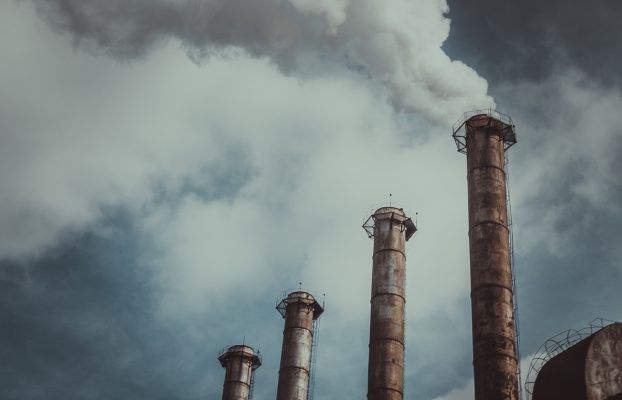Polymerization Inhibitors
Polymerization inhibitors play an essential role in the realm of monomers, acting as key agents to control and regulate the polymerization process. Their ability to improve product quality, increase efficiency, and provide adaptability makes them crucial tools in polymer synthesis and the manufacturing of a wide range of products.
Polymerization inhibitors are chemical substances designed to delay or prevent the undesired polymerization of monomers. Polymerization is the process by which monomers combine to form polymers, and inhibitors slow down this process, providing control over the reaction.
Control of Polymerization Rate: Inhibitors allow adjusting the polymerization rate according to the specific needs of the process.
Chemical Stability: They are chemically stable, ensuring their effectiveness over time and under various conditions.
Compatibility with Various Monomers: Inhibitors are formulated to be compatible with a wide variety of monomers, increasing their versatility.
Low Required Concentration: Often, relatively low concentrations are needed to achieve significant effects, optimizing efficiency.
Precise Application: They can be precisely applied to control specific areas of the polymerization process.
Coatings Industry: In the manufacturing of paints and coatings, polymerization inhibitors control drying and curing rates.
Plastics Production: In the formation of plastic polymers, they are used to modulate polymerization speed and enhance the properties of the final product.
Adhesive Manufacturing: They contribute to adhesive formulation, ensuring controlled setting times and consistent results.
Pharmaceutical Industry: In the synthesis of polymers used in medical devices and pharmaceuticals, inhibitors play a crucial role.
Specific Chemical Processes: In various chemical applications, such as the manufacturing of resins and elastomers, inhibitors are applied to ensure precise outcomes.
Improved Product Quality: By controlling polymerization rate, higher quality and more consistent final products are obtained.
Production Efficiency: Precise application and low required concentration contribute to the overall efficiency of the manufacturing process.
Adaptability to Different Processes: Wide compatibility with various monomers allows their use in a variety of industrial processes.
Properties Optimization: Inhibitors help adjust the physical and chemical properties of polymers according to desired specifications.
Environmental Control: By preventing undesired polymerization, waste is reduced, and the environmental impact associated with uncontrolled processes is minimized.
Hydroquinone (CAS 123-31-9)
Hydroquinone monomethyl ether (CAS 150-76-5)
Paratertiary butyl catechol (CAS 98-29-3)
Related News Posts Trends
On our blog you will find articles about our products and industries






